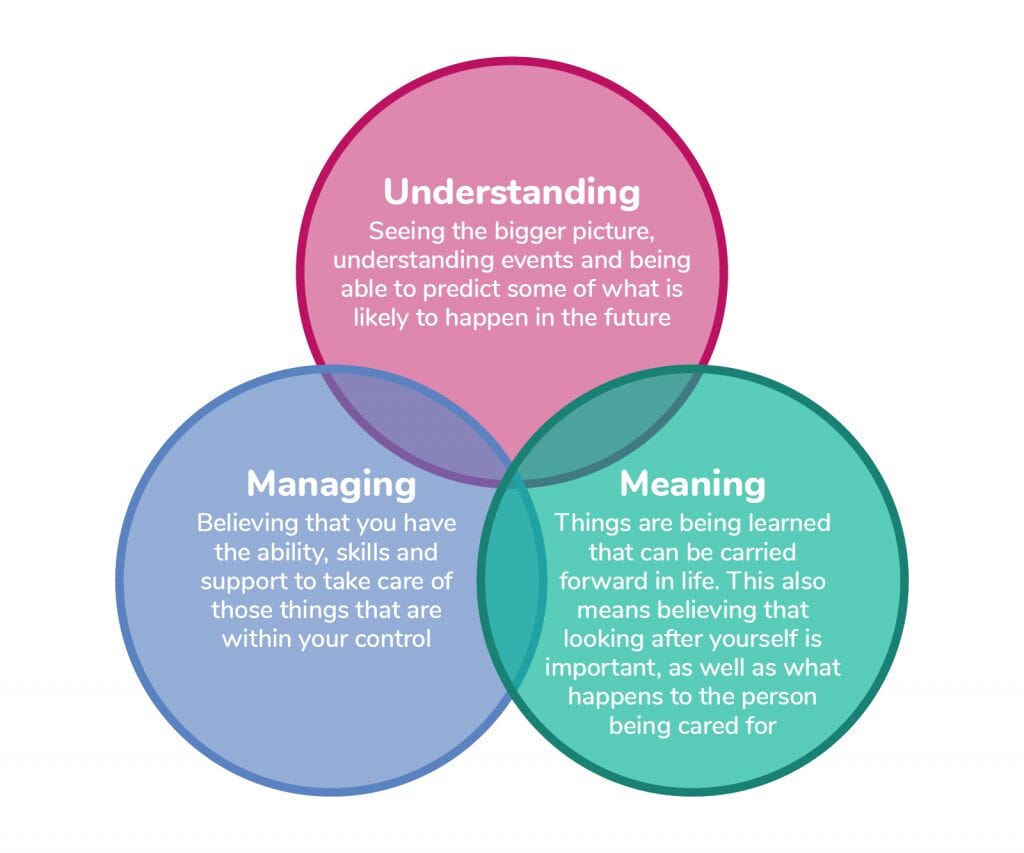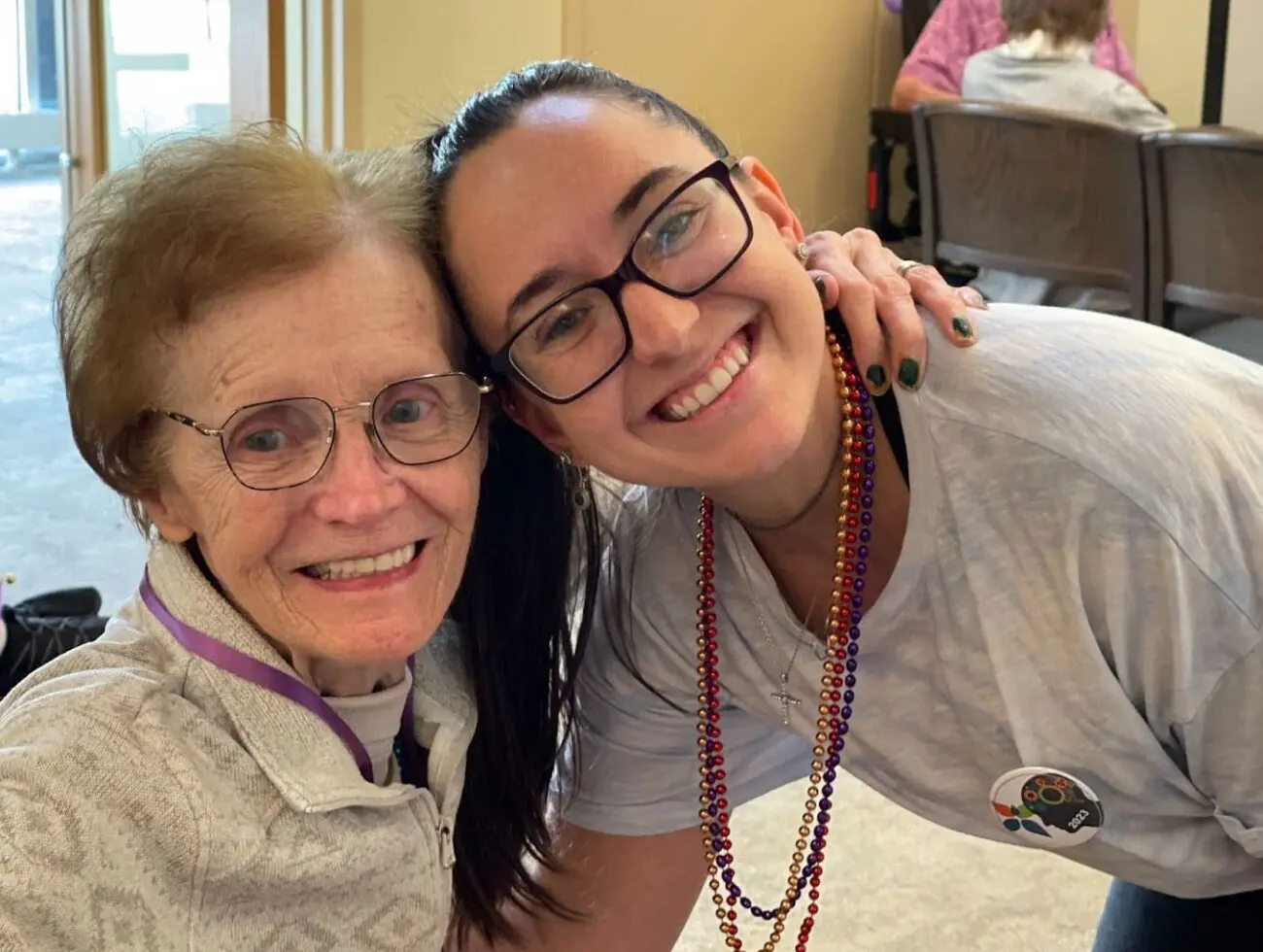Caregivers for people with dementia are made up of informal and formal roles. Formal caregivers are paid staff (e.g., CBV employees), while informal caregivers are unpaid individuals assisting with daily life and are typically a family member such as a spouse or adult child. Though your loved one may now reside in a community, informal care has often been provided prior to their transition to a nursing facility.
Informal caregivers are essential to the current national structure of dementia treatment. While the direct cost of dementia care in 2019 was $305 billion, over 16 million informal caregivers provided unpaid care valued at $244 billion.
The Alzheimer’s Association has found that of the billions of unpaid caregivers looking after a loved one, nearly 50% of those caregivers are responsible for the care of someone living with dementia. Eighty percent of those with dementia will require assistance with personal care, while only 20% of older adults living without dementia require the same kind of assistance.
Unexpected challenges
There are obvious challenges one faces by stepping into the role of caregiver, such as physical strain or exhaustion. However, other challenges less frequently considered include:
- The unpredictable nature of dementia and coping with the continuous changes
- Employment stress—57% said they had to go in late, leave early, or take time off because of their caregiving responsibilities. Eighteen percent had to go from working full-time to part-time
- Struggling emotionally even after a loved one has been moved to a care facility. The Family Caregiver Alliance states, “People assume that once caregiving is over, the stress from providing hands-on care will go away. Yet, researchers found that even three years after the death of a spouse with dementia, some former caregivers continued to experience depression and loneliness. In an effort to return their life to normal, former caregivers may need to seek help for depression as well.”
Resilience
One of the most important qualities a caregiver can develop is resilience. Resilience means “the way we cope with stress and adversity in life. By learning new ways of thinking, behaving, and interacting with others, we develop ways to cope even when life is tough.” Researchers have developed a Sense of Coherence model to better understand the key components of resilience.

Developing resilience can be done multiple ways:
- Knowing what community resources are available, using tools such as Community Resource Finder, or calling your local chapter of the Alzheimer’s Association (Chicago area (312) 335-8700)
- Finding/building a support system by developing a joint care plan with your loved ones if possible. Caregiver support groups are also a great way to feel seen and understood by others facing similar challenges. CBV offers a monthly caregiver support group on the second Wednesday of every month
- Educating yourself on dementia to better anticipate potential changes. Organizations such as Elderwerks, Rush Center for Excellence in Aging, and the Alzheimer’s Association offer free educational courses and caregiver workshops to empower the caregiver in their role

